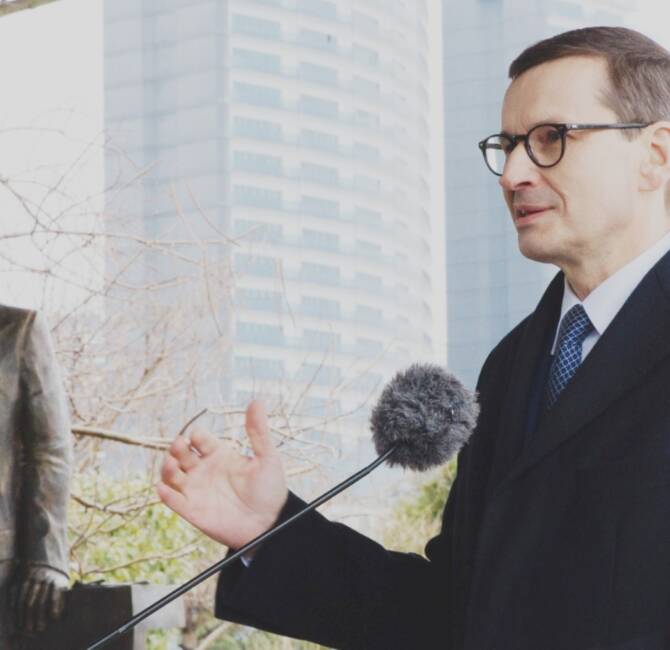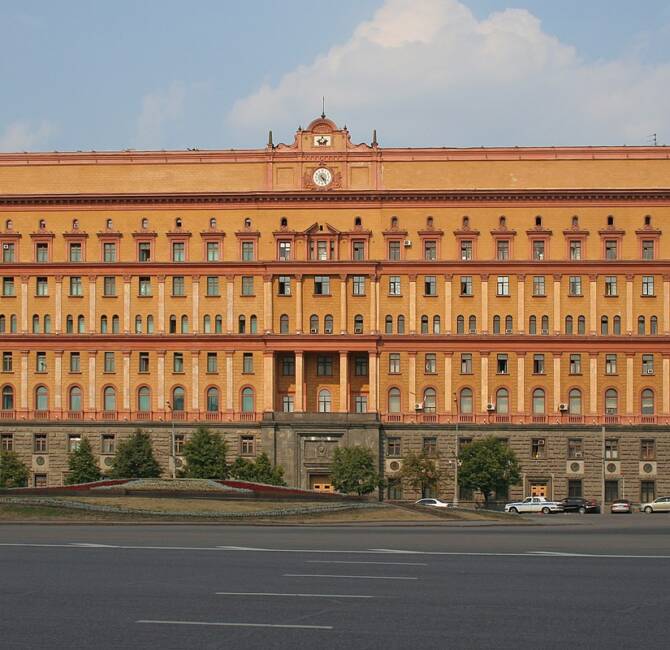Serbia – When Hungarians went to the polls last Sunday to renew their national parliament, the Serbs were holding a presidential election in which incumbent President Aleksandar Vučić was re-elected for a second term with nearly 60 percent of the vote.
A second five-year term
The leader of the Serbian Progressive Party (SNS) thus won another five-year term against the candidate from the pro-EU, centrist Alliance for Victory coalition, Zdravko Ponos (17.1%).
“Infinitely proud and happy”
In his first public statement following his election victory, President Vučić addressed “a huge thank you to the citizens of Serbia” and said he was “infinitely proud and infinitely happy” about the trust that Serbian citizens had placed in him once again:
“I am happy that a large number of people have voted and demonstrated the democratic nature of Serbian society”
The role of the Ukrainian crisis and Western pressure
Like Hungary during the final weeks of its election campaign, Serbia was pressured by Western countries to distance itself from its traditional Russian ally. In this regard, Vučić stated that “the influence of the Ukrainian crisis on the election results was enormous”, and he added:
“We will maintain a policy that is important to the Europeans, Russians, and Americans: military neutrality.
(…) Serbia will try to preserve friendly relations and partnership in many areas with the Russian Federation.”
While Serbia has unreservedly condemned Russia’s invasion of Ukraine, it refuses to take part in the sanctions against Moscow. Such an attitude can of course be explained, at least in part, by the fact the country is almost entirely dependent on Russian gas.




